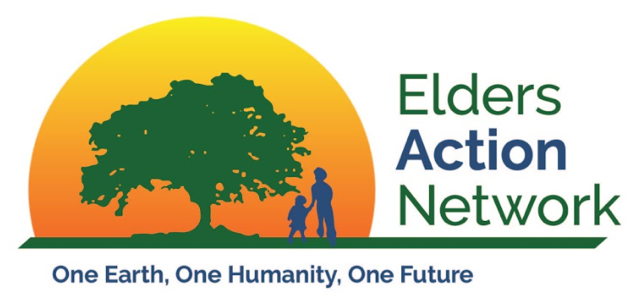 Most importantly, to honor those who lived on and cared for the land. It’s a simple and powerful way to show respect for the Native People who lived on this land for many centuries.
Most importantly, to honor those who lived on and cared for the land. It’s a simple and powerful way to show respect for the Native People who lived on this land for many centuries.
But, land acknowledgements are a wise action for us as elders. Through them we can rediscover the thread of “Deep Time.” We begin to experience our present lives within a larger context of time, that connects us with our ancestral lineage, attunes us to longer ecological rhythms and nourishes a deeply felt connection with past and future beings. –Joanna Macy
Deep time is an essential component of our lives as elders, empowering us to act like Ancestors of Future Generations – a vision which is critical in our current age.
Like man, I struggle with the speed of contemporary life. The torrent of constant texts, emails, 24/7 news that demand that I know what is happening and respond at lightning speed to satisfy short term goals. But it is just those short term decisions that are creating havoc with our world. When we respond to what is needed NOW we become blinded to the ongoingness of time, to what is needed by our great, great, grandchildren – who are calling to us from the future. This is what was addressed by the Great Law of the Iroquois Confederacy, which states, “In our every deliberation, we must consider the impact of our decisions on the next seven generations.”
The consequences of climate disruption have crippled our capacity to imagine a long-term future. Psychiatrist Robert J. Lifton calls this the “broken connection,” explaining, “we are…among the first to live with a recurrent sense of biological severance.” –Coming Back To Life, Joanna Macy
When we engage in land acknowledgments we reweave the threads of time that bind us to our ancestors and connect us to our descendants. This is the gift that we receive when we honor those who lived on this land before us. We remember that they cared for this land, and we are encouraged to continue the sacred work of caring for this land, our Earth, for the generations to come.
By Lynne Iser, in the Wissahickon watershed, the traditional and stolen land of the Leni Lenape people, currently Philadelphia.
What Can You Do?
- Identify and honor the Native people where you live
- Allow yourself time to imagine their lives, reaching forward into your life
- Read: Honor Native Land
If you have come here to help me you are wasting your time, but if you have come because your liberation is bound up with mine, then let us work together.” –Lilla Watson
